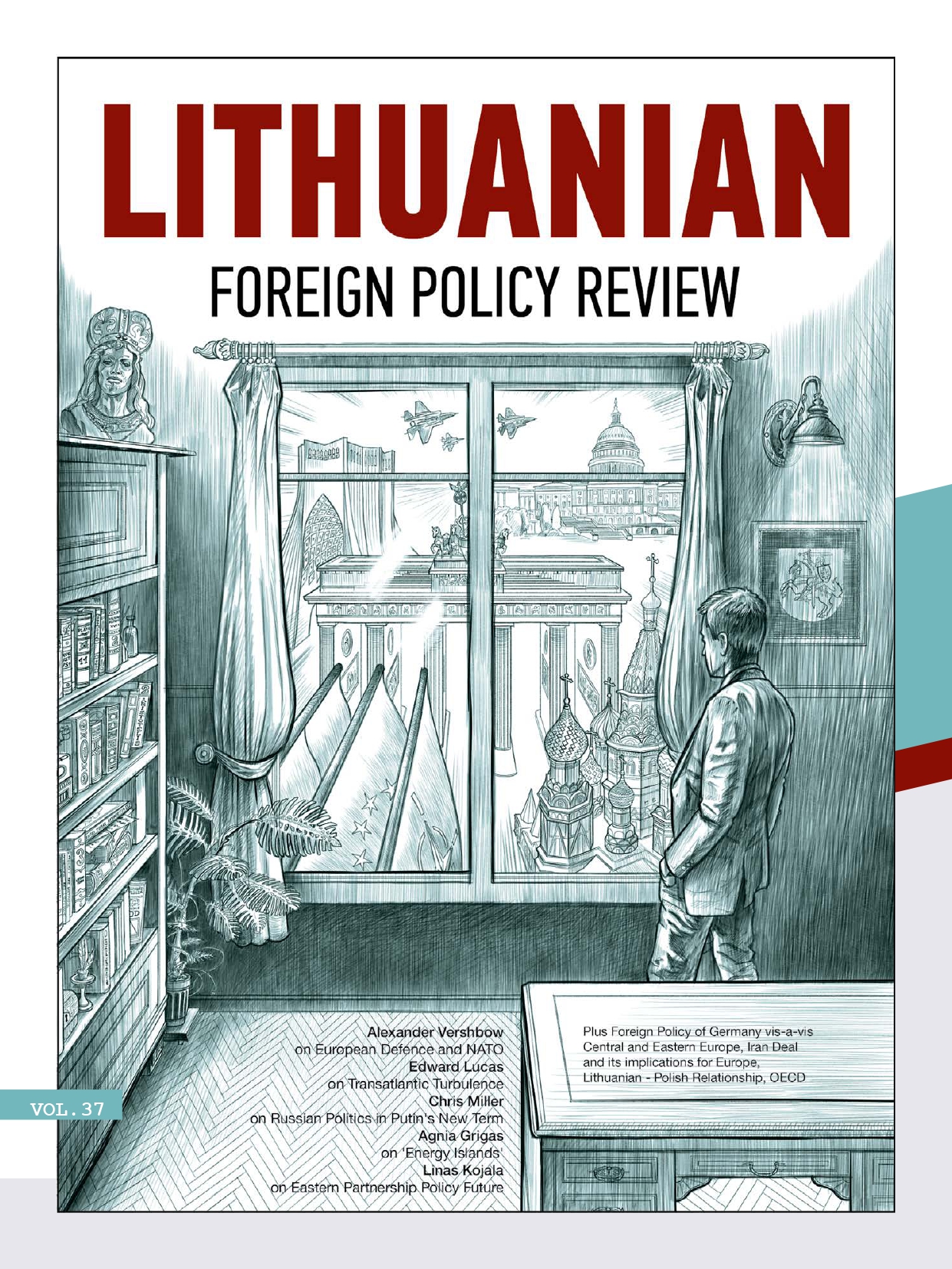Two Plus Two is not Necessarily Four: German Policy Towards the Visegrád Countries
Two Plus Two is not Necessarily Four: German Policy Towards the Visegrád Countries
Author(s): Tobias Rüttershoff, Jakob WöllensteinSubject(s): International relations/trade, Present Times (2010 - today), EU-Approach / EU-Accession / EU-Development
Published by: Foreign Policy Research Center
Keywords: German Policy; Visegrád Countries;
Summary/Abstract: Until 2015, very few people had heard of the term “Visegrád Group” in Germany, let alone had a sense about its purpose. At that time the group – also called “V4” after its four member states Poland, the Czech Republic, Slovakia and Hungary – saw its main task in the coordination and exchange of information, national positions, as well as cooperation on “soft” projects such as infrastructure. For Germany, the Visegrád countries, with a combined population of around 65 million people, not only constitute important partners on its Eastern border, but together these countries generate a trade volume which is 50% higher than Germany’s largest trading partner, China. Nevertheless, among foreign policy and economic experts it was a common view that the format was outdated, because its original purpose – mutual assistance on the path of post-communist transformation towards EU and NATO membership – had long been fulfilled. Yet, the beginning of the refugee crisis in 2015 reinvigorated the V4, particularly in their tough stance against German chancellor Angela Merkel’s refugee policy.
Journal: Lithuanian Foreign Policy Review
- Issue Year: 2018
- Issue No: 37
- Page Range: 41-44
- Page Count: 4
- Language: English

